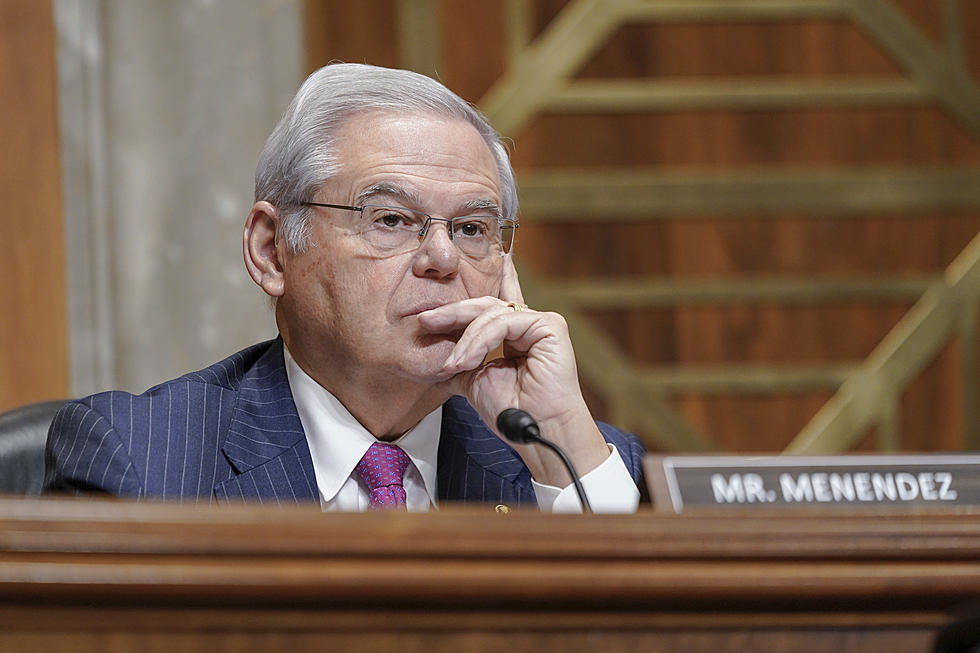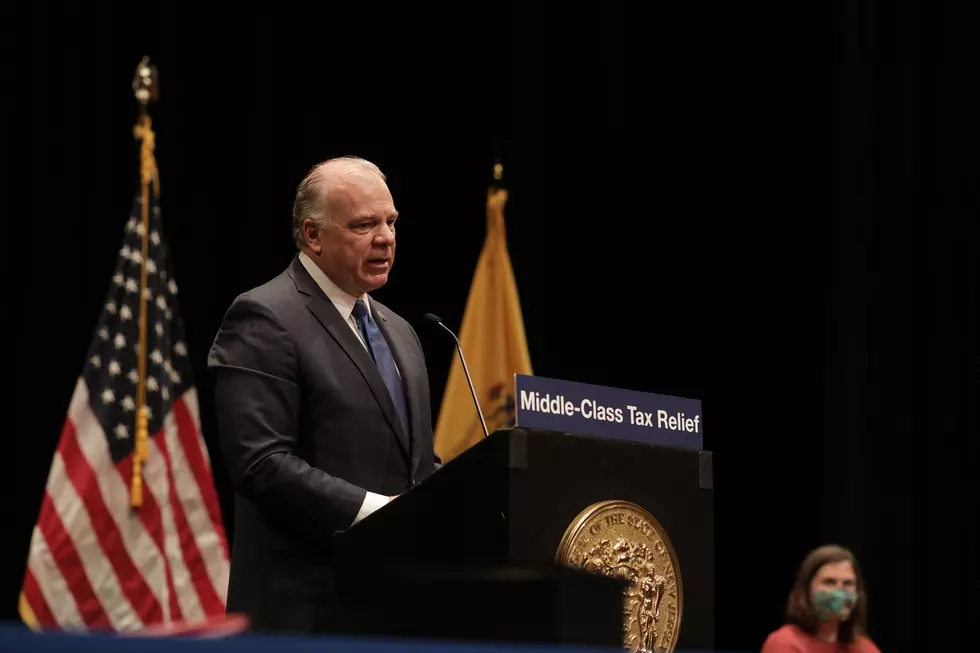
Why TV Ads are Already Airing 2017 Governor’s Race in NJ
Six weeks until the election and a New Jersey gubernatorial candidate is spending more than $1 million on his latest campaign ad.
That's not for the election in November, but for next year.
Phil Murphy, the former Goldman Sachs executive who served as Democratic National Committee finance chairman and ambassador to Germany, this week launched a TV ad that kicks off a media campaign expected to cost more than a million dollars.
It’s very unusual for gubernatorial candidates to start airing ads so early. Most won’t acknowledge they’re running until after this year’s presidential election. But Montclair State University political scientist Brigid Harrison says he needs to start early because he lacks some of the advantages of likely candidates, such as their natural bases in South Jersey for Senate President Steve Sweeney and North Jersey for Jersey City Mayor Steven Fulop.
“For Murphy to remain relevant, he has to spend this money because he doesn’t really have the kind of geographic support that the two main candidates have,” Harrison said.
Murphy, of Red Bank, declared his candidacy in May and had already given more than $10 million of his own money to his campaign by the end of June. He has produced a few ads and traveled the state, and a Rutgers University political scientist said the efforts have had their intended effect: Mostly unknown a year or two ago, Murphy is now usually listed as one of three main Democratic prospects for governor.
“It’s unusually early, but my impression is it seems to be working for him,” John Weingart said.
Harrison said Sweeney and Fulop remain on a separate tier due to their geographic bases and experience. Spending money is Murphy’s only way to be seen as bona fide, she said.
“This has to be motivated by the recognition on Murphy’s part that he is really at a disadvantage,” Harrison said.
“You have two candidates within the Democratic Party who are considered kind of top tier candidates,” Harrison said. “Murphy is kind of spending money in an effort to be included in that top tier. I think for him to be perceived as being a bona fide candidate, given his lack of statewide experience, (he) has to be spending that kind of money.”
There’s a potential problem for Murphy in the early spending – and not just that, to some, getting started before this year’s elections are held could be seen as slightly unseemly. Weingart said “people across the political spectrum” seem anxious to put the 2016 election behind them, anyway.
The spending could remind people of the last former Goldman Sachs executive to spend big when entering the New Jersey political scene – Jon Corzine, who spent $60 million of his own money in 2000 to win the election to the U.S. Senate. He was elected governor in 2005, then lost a re-election bid in 2009.
“His three biggest hurdles as he’s starting out,” Weingart said of Murphy, “are being little known, having no electoral political experience and having a resume that at least superficially reads like Jon Corzine’s. … Murphy seems to be understandably aware of those hurdles or pitfalls or liabilities. Getting out this early has enabled him to move the conversation.”
Harrison said the parallels will be unavoidable in some voters’ minds.
“Clearly the kind of money, particularly the fact that it is coming from so many Wall Street benefactors, has to remind many voters of Jon Corzine,” said Harrison, who says nearly 30 percent of the campaign donations Murphy has received came from individuals once associated with Goldman or their families.
Harrison said Murphy’s spending may get the attention of political insiders, such as elected officials and county committee members, who will be the first people to deem whether he has a viable campaign. But the public at large is focused on the presidential race, not the 2017 election.
“To the average Jane and Joe Voter, it probably is a wasted expenditure at this point. I don’t think that most of your average voters are paying a whole lot of attention to the gubernatorial election,” Harrison said. “And I also think that he risks a bit of voter fatigue kicking in.”
More From WPG Talk Radio 95.5 FM










